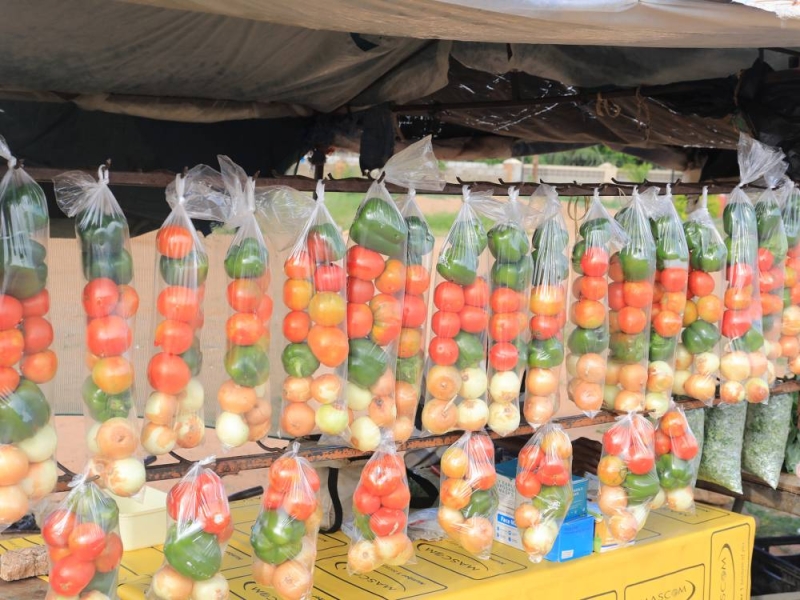Vegetable import ban 'here to stay'
Katlego Isaacs | Tuesday May 17, 2022 06:20


Speaking at the 40th Hospitality and Tourism Association of Botswana (HATAB) conference here, Molao said the horticultural import ban was a necessary step to support the country’s farmers and build agricultural independence.
Since its introduction, the ban on the import of 16 vegetable varieties has resulted in local shortages and escalating prices, worsening consumers’ plight as they struggle with the impact of COVID-19 on their finances.
Consumers have also complained that where local production is available, the quality is not always up to standard, while supply chain weaknesses mean unreliable availability of the key vegetables such as tomatoes, onions and potatoes.
The hospitality sector was hoping the ban would be relaxed as shortages have affected restaurants, hotels, and the broader tourism industry which was already amongst the sectors hardest hit by COVID-19.
However, Molao said there was no going back on the import ban.
“We are where we are, we can’t look back or lament,” Molao said. “We all know how difficult it was to get foodstuff during the peak of Covid. “If we go back to the old times it means we learnt nothing. “If we open borders, we will be throwing away the progress we made away. Farmers have already sown the seeds of plants for the new market.”
The minister further reasoned that Botswana’s P9.2 billion annual import bill on food was a major concern for the nation, robbing Batswana of resources and employment opportunities. He said quick and drastic measures were desperately required.
Molao said the country’s fledgling agricultural industry will improve should the local market support it. He added that the local market had been reluctant to support homegrown agricultural production, which had resulted in government intervening to support farmers.
“As government, we needed the local market to respond,” he said. “We need to hold hands to get local farmers to where they need to be... “Batswana have land lying barren because the market prefers foreign produce.” Naturally, members of the public expressed reasoning towards their inclination towards supporting foreign produce being that foreign produce is often of higher quality while being more affordable than local produce.
Delegates at the conference quizzed Molao on how long the Ministry of Agriculture had spent researching if local farms are capable of matching imported food quality and price given the less than favourable climate conditions of Botswana.
Some delegates said the policy was a “right step at the wrong time”.
In response, Molao said the import ban will be reviewed, not to loosen it, but to determine which other crops could be added to the list of 16 vegetables.
The minister insisted that the policy was needed to protect and support local farmers, thus boosting the country’s food self-sufficiency.
“We have the land, we have the ability but we don’t have the market. This is what the farmers are saying. “We need as a country to get the foodstuff we need from our farms rather than relying on other countries. “We need to link local communities to plant and plough to build our food independence,” he said.
Molao added that the vegetable import ban also serves as an opportunity to expand agri-tourism in the country.
“We should promote ourselves and our traditional way of doing things by being self-sufficient. “A tourist from afar may want to experience milking a cow or making leather. “This will open up opportunities for the country for people to start farms that not only nourish the country but also nourish the curiosity of tourists. “Tourism shouldn’t be just seeing animals. “It shouldn’t be seeing Chobe and Ngamiland only,” he said.
He added: “We should get back to supporting the growth of indigenous foods. “We shouldn’t be having people flying in from Europe and eating the same things they left at home.”
